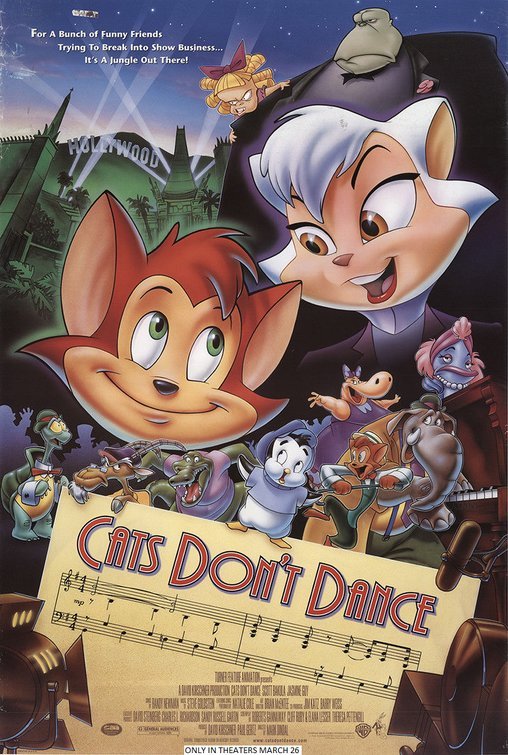"Excessive Medieval Triangle"

| None | Light | Moderate | Heavy | |
|---|---|---|---|---|
| Language | ||||
| Violence | ||||
| Sex | ||||
| Nudity |
What You Need To Know:
THE LAST DUEL is a gripping, explosive movie. It tells a complex story well. However, the movie leans toward a Romantic, politically correct, modern feminist worldview. None of the major male characters come off unscathed. For example, though Jean sides with his wife, he’s depicted as being more concerned about vindicating himself than saving her. THE LAST DUEL also contains extreme sexual content, brief excessive sexual nudity and some graphic bloody violence. Therefore, THE LAST DUEL is not acceptable entertainment.
Content:
More Detail:
THE LAST DUEL is a medieval tale about a knight in France who challenges his rival to trial by combat when the knight’s wife publicly testifies that the rival, a squire serving a powerful nobleman, raped her while the knight was away on business. Based on a true story, THE LAST DUEL is a gripping, explosive movie, but it seems to lean toward a Romantic, politically correct, modern feminist worldview and contains extreme sexual content (including a disturbing rape scene), brief excessive nudity, some graphic violence, and three anachronistic “f” words.
Based on an acclaimed book by Eric Jager, the movie tells the story from three different perspectives in succession, over a period of 16 years. The first part is told from the knight’s perspective, a nobleman in Normandy named Jean. The second part is told from the rival’s perspective, a man named Jacques, who’s the squire of Count Pierre, an evil man the King has appointed overseer of Normandy and who holds Jean’s fate in his hands. The movie’s third part is told from the perspective of Jean’s wife, a beautiful woman named Marguerite.
Jean and Jacques start off as friends. In fact, the movie opens with a battle during the Hundred Years’ War between France and England where Jacques saves Jean’s life. Later, however, Jacques betrays Jean, on orders from Pierre, by taking a choice piece of land away from Jean that Marguerite’s father had promised Jean as part of her dowry. Pierre takes the land to pay off the father’s tax debt and gives the land to Jacques. So, Jean angrily takes Pierre and Jacques to court, but the King sides with the powerful Pierre and his right-hand man, Jacques.
Then, Pierre makes Jacques the captain of the local troops, a position that was held by Jean’s grandfather and his father, who has just died. Jean is the better soldier and considers the position his to have. He angrily confronts Pierre and Jacques publicly, but Pierre mocks Jean while the other noblemen just laugh.
When Jacques has a son, Marguerite encourages Jean to go to the celebration for the baby. At the celebration, he and Jacques appear to bury the hatchet, but Jacques becomes attracted to Marguerite. One day, while Jean is in Paris on business, Jean’s mother has taken all the servants away to go into town for the day, leaving Marguerite all alone. Jacques uses his personal attendant to trick Marguerite into opening the door. Jacques barges into the small castle and declares his love for Marguerite. She tells him to leave, but he refuses and chases her upstairs to the bedroom, where he grabs her, throws her onto the bed and rapes her. Jacques leaves right after that.
When Jean returns home a day or two later, Marguerite tells him what happened. Jean at first is furious with her, but Marguerite assures him that what she says is true.
So, they publicly accuse Jacques of raping her, but Count Pierre rules against them. However, Jean appeals to the King and the Paris Assembly. He requests that they let Jean challenge Jacques to trial by combat, because, according to the law at the time, rape is a crime against the husband, not the wife. If Jean is killed during the duel, however, Marguerite will be burned at the stake for bearing false witness against Jacques, a respected nobleman who serves a powerful nobleman and servant of the French king.
THE LAST DUEL tells a gripping, explosive story. Although the story’s told according to three separate perspectives, it’s clear who the biggest villains are and who the biggest hero is. Count Pierre is a despicable person who cheats on his wife by holding public and private orgies. He has thoroughly corrupted Jacques, who prides himself on his good looks and his book learning. Jacques falls in lust with Marguerite because she too is good looking and has some book learning. In contrast, Jean is a humble soldier, though he, too, has a feeling of entitlement. Jean is also rather hotheaded and often tactless. However, Marguerite trusts her husband when he tells her Jacques can’t be trusted.
THE LAST DUEL tells a complex story surprisingly well. The three-act structure may seem a little clunky because the two later parts go over some of the same material that’s previously shown. However, the script is well written, and the second and third sections build on the last ones. The script is actually co-written by Matt Damon, who plays Jean, and Ben Affleck, who plays Count Pierre, with Nicole Holofcener.
However, the movie seems to lean toward a strong Romantic, politically correct, feminist worldview. Though it certainly can be said that, for centuries, laws in Western Civilization discriminated against women, depriving them of rights that were given to men. This was especially heinous when it came to society sanctioning or allowing violence against women. It’s also true, however, that the struggle for civil rights has been an ongoing issue for everyone in Europe, Great Britain and the United States. That’s why documents like the Magna Carta, the Declaration of Independence, the Bill of Rights, and the 1964 Civil Rights Act were written. The issue with THE LAST DUEL is that none of the major male characters in the story come off unscathed. Thus, for example, though he sides with his wife, Marguerite, Jean is depicted as being more concerned about vindicating himself rather than his wife’s claims of rape or saving her from a painful death. Even the women that the movie depicts as flawed, such as Jean’s mother and Marguerite’s friend, who betrays her, are seen as victims of male society. Despite this, THE LAST DUEL has some scenes of positive Christian faith, a clear sense that Jacques and Count Pierre are evil, and a small scene featuring a strong, ethical Catholic priest.
A bigger issue with THE LAST DUEL, perhaps, is that the movie contains extreme sexual content, brief excessive sexual nudity and some graphic bloody violence. Therefore, THE LAST DUEL is not acceptable entertainment.



 - Content:
- Content: 


